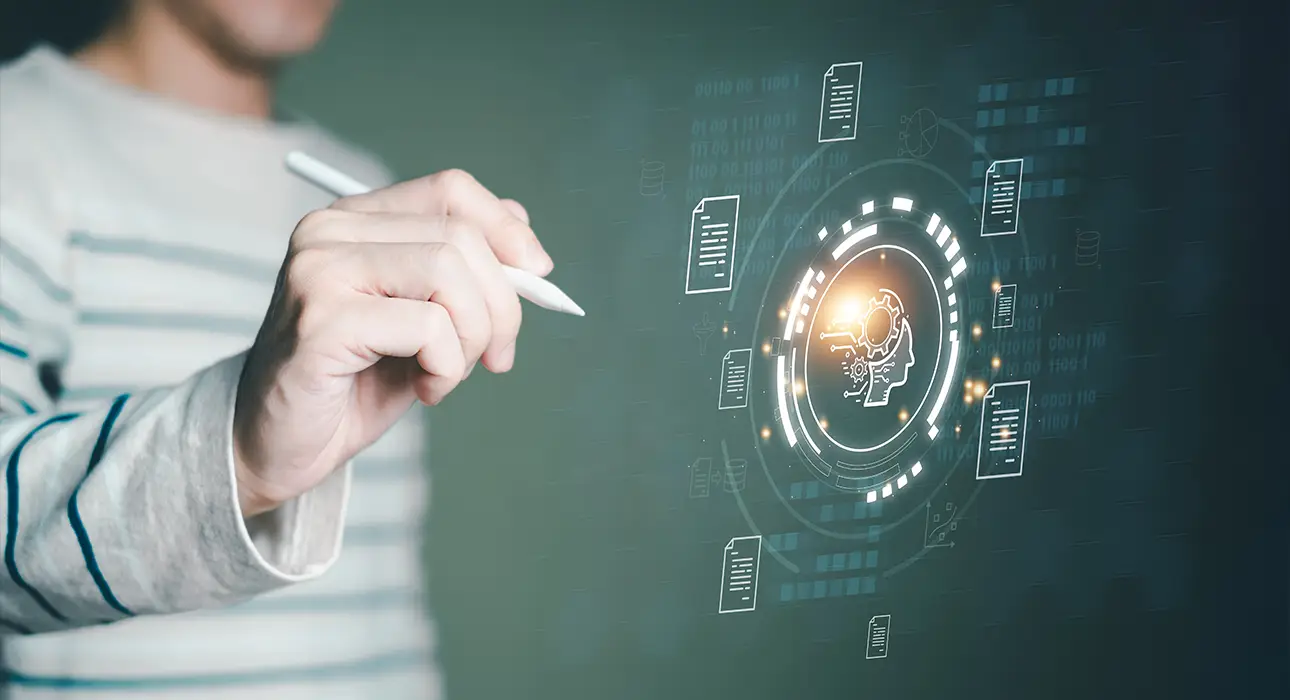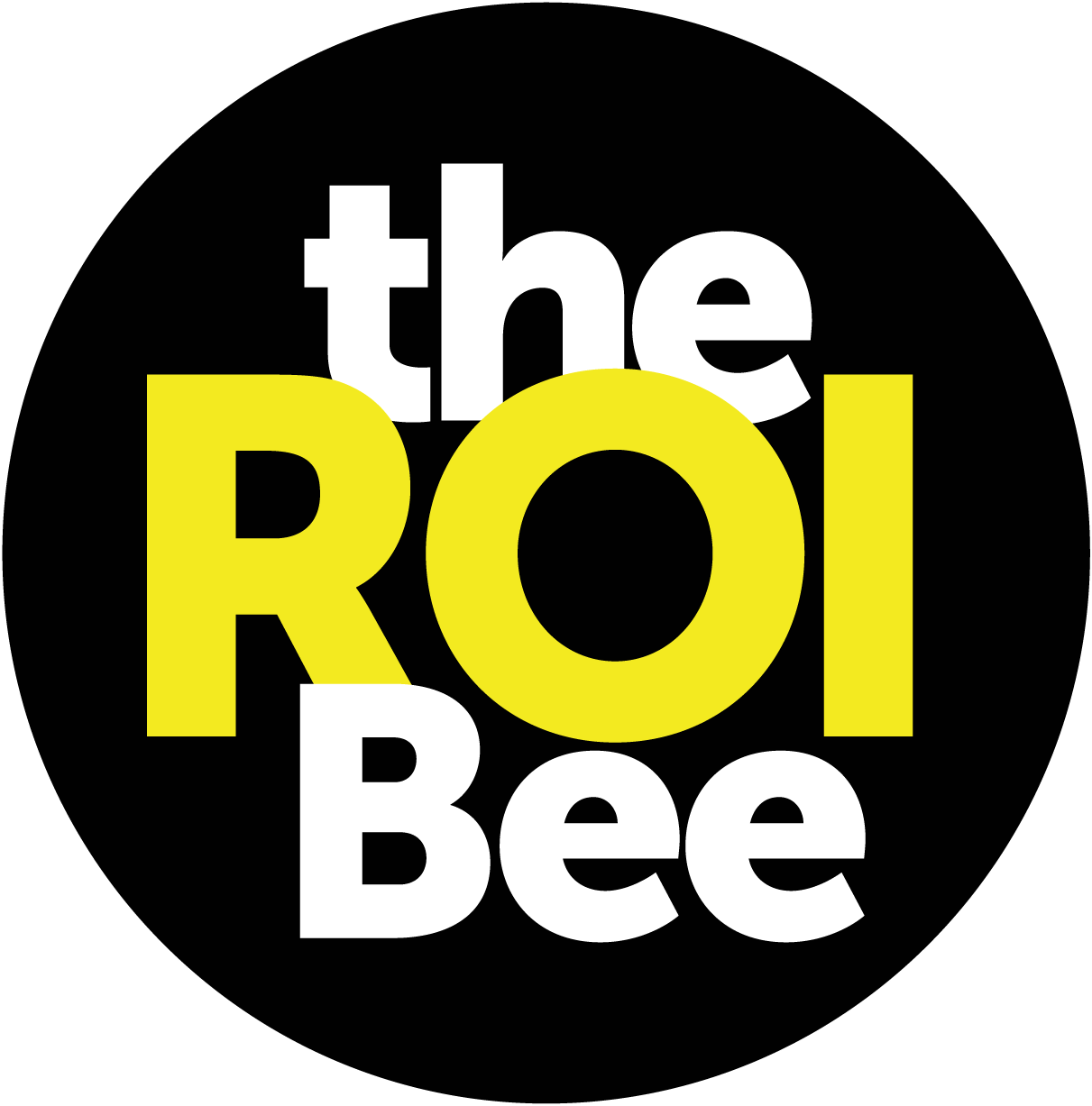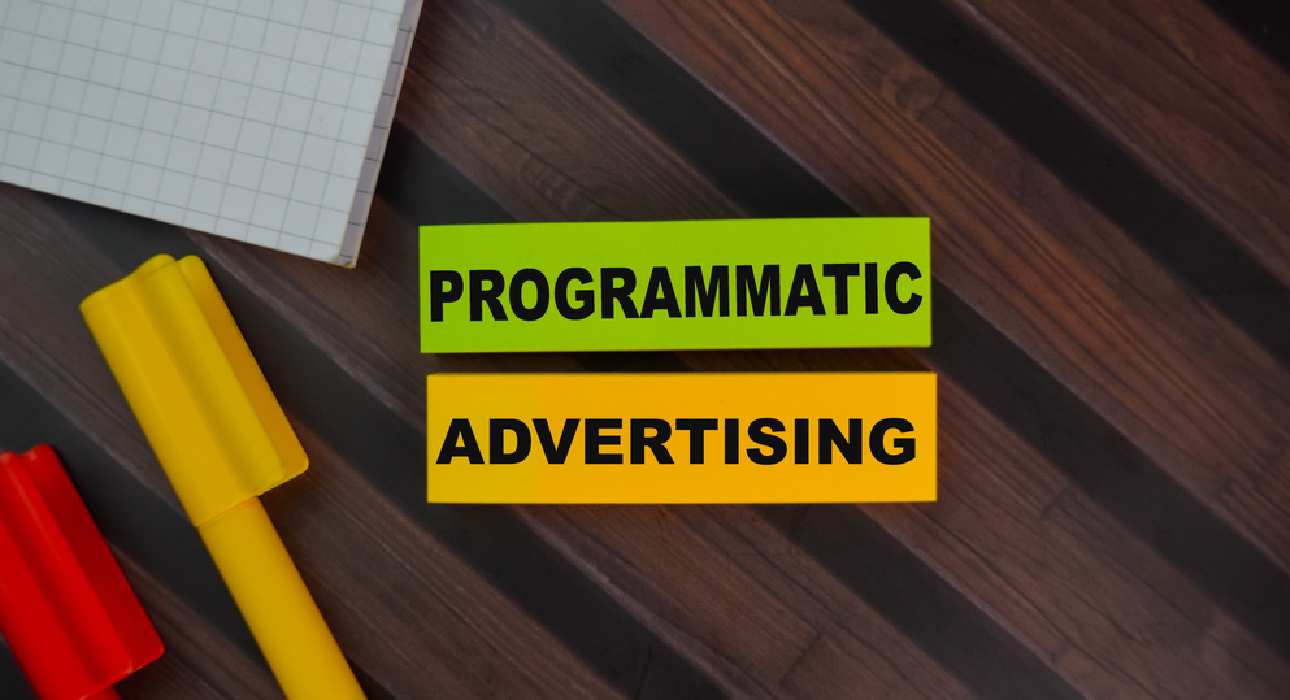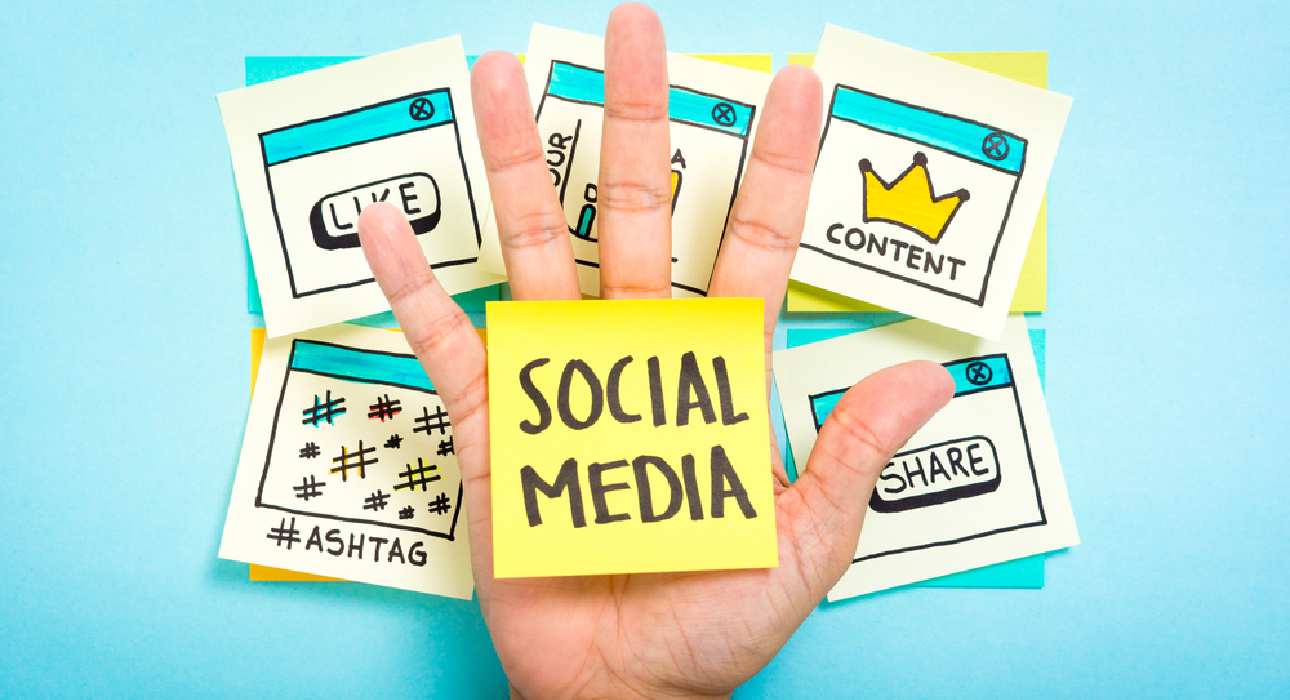06/03/2025
How to Leverage AI and Automation in Performance Marketing Campaigns

In today’s fast-paced digital landscape, leveraging artificial intelligence (AI) and automation in performance marketing is no longer optional—it is essential for staying competitive. AI-driven strategies provide enhanced targeting, real-time optimization, and valuable insights, enabling marketers to drive better results while reducing manual efforts. According to a report by McKinsey, companies using AI in marketing see a 20-30% increase in revenue and a 50% reduction in costs. Here is how you can effectively integrate AI and automation into your performance marketing campaigns.
1. AI-Powered Personalization
Personalization is a cornerstone of successful performance marketing, and AI takes it to the next level. Machine learning algorithms analyze user behavior, purchase history, and engagement patterns to deliver highly tailored content.
Ways to Implement AI-Powered Personalization:
-
Dynamic Ad Creatives: Use AI to generate personalized ad copy and visuals based on user preferences.
-
Product Recommendations: Leverage AI to offer relevant product suggestions to users in real-time.
-
Customer Segmentation: Use AI to group audiences based on behavior, demographics, and intent.
According to a study by Accenture, 91% of consumers are more likely to shop with brands that provide personalized offers and recommendations. By utilizing AI, marketers can enhance user experiences and boost conversion rates.
2. Automated Bidding Strategies
Automation in bidding allows for efficient budget allocation across different channels while maximizing return on ad spend (ROAS). AI-driven algorithms optimize bids in real-time, ensuring that you capture high-intent users without overspending.
Key Automated Bidding Techniques:
-
Smart Bidding: Google Ads uses AI to adjust bids automatically for better conversions.
-
Rule-Based Automation: Set predefined conditions to optimize bids on platforms like Facebook and LinkedIn.
-
Predictive Bidding: Use AI to forecast future trends and allocate budgets accordingly.
Google reports that advertisers who adopt Smart Bidding see a 30% increase in conversion rates compared to manual bidding strategies.
3. AI-Driven Content Creation
AI is transforming content creation by generating high-quality, relevant marketing materials at scale. Tools like Jasper and Copy.ai allow marketers to produce blog posts, social media content, and ad copy in minutes.
Applications of AI in Content Creation:
-
Ad Copywriting: Create compelling headlines and calls-to-action tailored to audience segments.
-
Video Generation: Use AI tools like Synthesia to produce personalized video ads.
-
Chatbots: Implement AI-driven chatbots for customer engagement and support.
A study by HubSpot reveals that 63% of marketers find AI-generated content enhances their efficiency, allowing them to focus on strategic tasks.
4. Real-Time Data Analysis and Insights
AI empowers marketers with real-time data analysis, providing actionable insights to refine campaign performance. Machine learning models can identify patterns, predict customer behavior, and optimize campaigns on the fly.
Benefits of Real-Time Data Analysis:
-
Faster Decision-Making: React to market changes instantly by analyzing live data.
-
Audience Insights: Understand customer journeys and pain points through AI analytics.
-
Performance Monitoring: Use AI dashboards for continuous performance tracking and reporting.
According to Forrester, organizations using AI analytics experience a 25% improvement in marketing effectiveness.
5. Customer Journey Mapping with AI
Understanding and optimizing the customer journey is crucial for successful performance marketing. AI can map and analyze the entire customer path, from awareness to conversion, allowing marketers to deliver the right message at the right time.
How AI Enhances Customer Journey Mapping:
-
Touchpoint Optimization: Identify and optimize critical touchpoints in the customer journey.
-
Behavior Prediction: Forecast user actions and tailor content accordingly.
-
Omnichannel Insights: Gain a comprehensive view of customer interactions across channels.
According to Salesforce, 76% of customers expect brands to understand their needs, and AI-driven customer journey mapping helps meet these expectations.
6. Automating A/B Testing and Experimentation
Manual A/B testing can be time-consuming and limited in scope. AI automates and accelerates experimentation by testing multiple variables simultaneously and identifying the best-performing combinations.
Advantages of AI-Driven A/B Testing:
-
Speed: Faster analysis and implementation of winning variants.
-
Scalability: Test multiple audience segments and creative formats simultaneously.
-
Precision: AI identifies nuanced patterns that human analysis might overlook.
A report by Gartner states that organizations using AI for A/B testing see a 35% improvement in campaign optimization efficiency.
7. Enhanced Customer Retargeting
AI enhances retargeting strategies by analyzing user intent and engagement patterns to deliver personalized follow-up messages. This improves conversion rates and customer retention.
AI-Powered Retargeting Techniques:
-
Dynamic Retargeting: Serve personalized ads based on users' previous interactions.
-
Predictive Retargeting: Identify users most likely to convert and prioritize them.
-
Cross-Device Retargeting: Engage users across multiple devices seamlessly.
According to eMarketer, brands using AI-driven retargeting see up to a 50% increase in click-through rates (CTR).
Best Practices for Implementing AI in Performance Marketing
-
Start Small and Scale: Begin with one or two AI applications and gradually expand based on results.
-
Invest in Data Quality: Ensure your data is clean and comprehensive to maximize AI accuracy.
-
Monitor and Optimize Continuously: Regularly evaluate AI performance and adjust strategies.
-
Stay Informed: Keep up with the latest AI innovations and best practices in digital marketing.
The Future of AI in Performance Marketing
AI and automation will continue to revolutionize performance marketing by enabling hyper-personalization, advanced analytics, and real-time optimization. As AI technology evolves, marketers who embrace these tools will gain a competitive edge and drive superior business outcomes.
A study by PwC predicts that AI will contribute $15.7 trillion to the global economy by 2030, with marketing and sales being key beneficiaries. By leveraging AI and automation, performance marketers can future-proof their strategies and achieve sustained success in the digital age.






